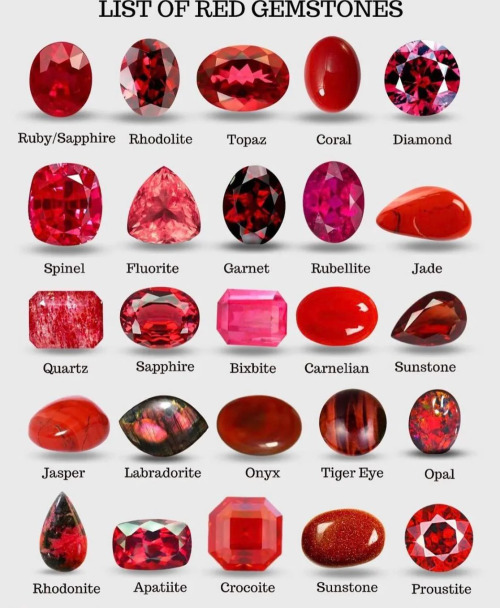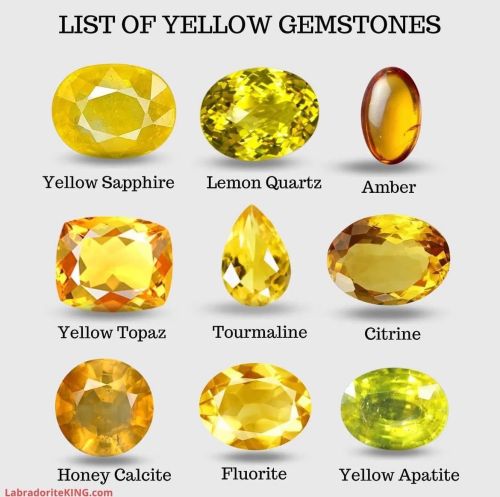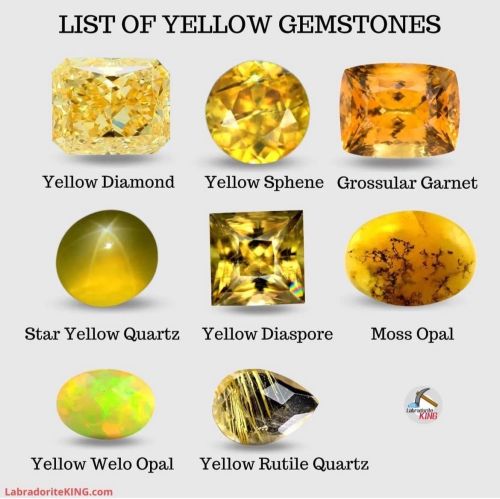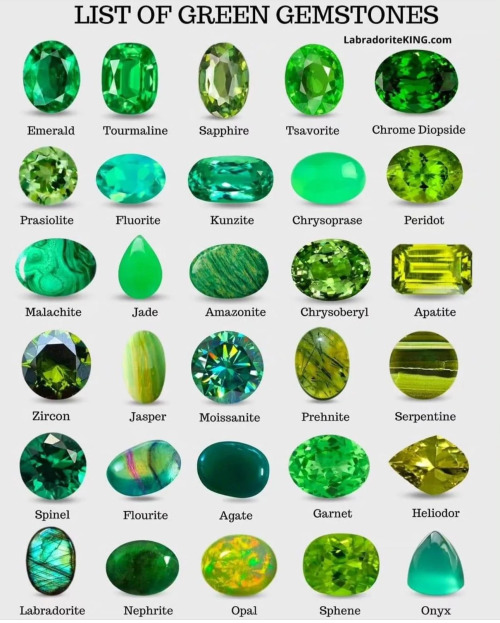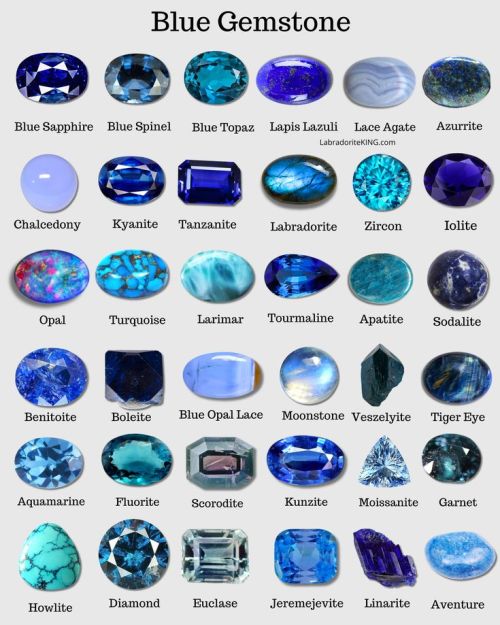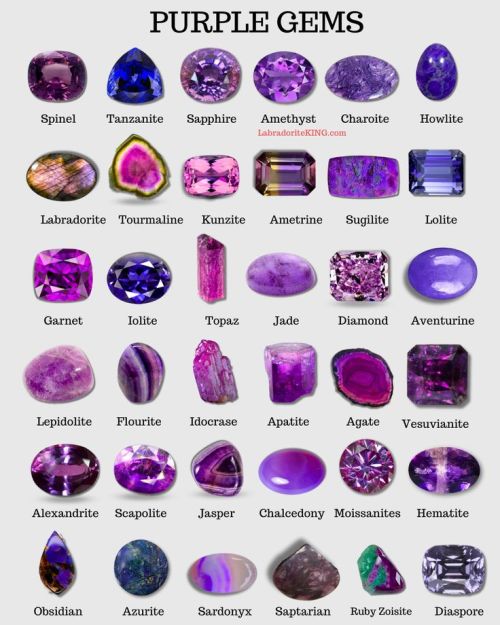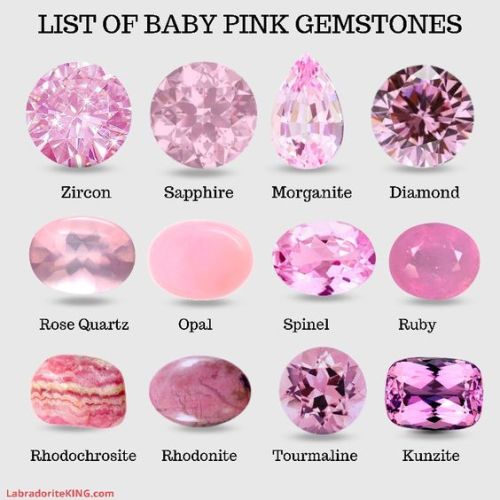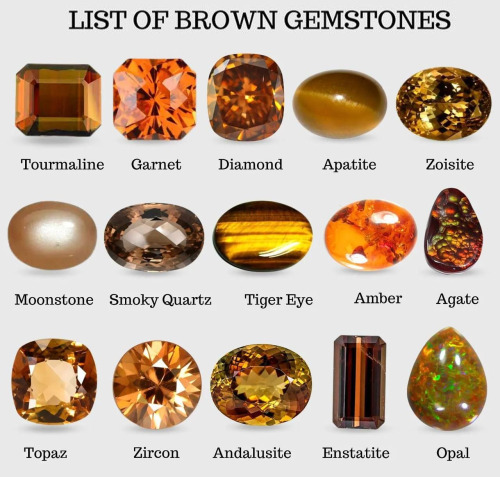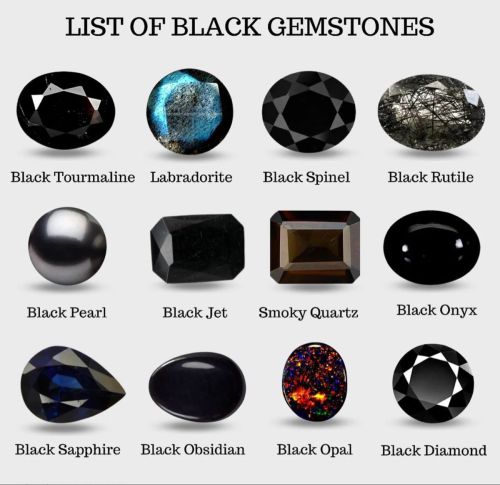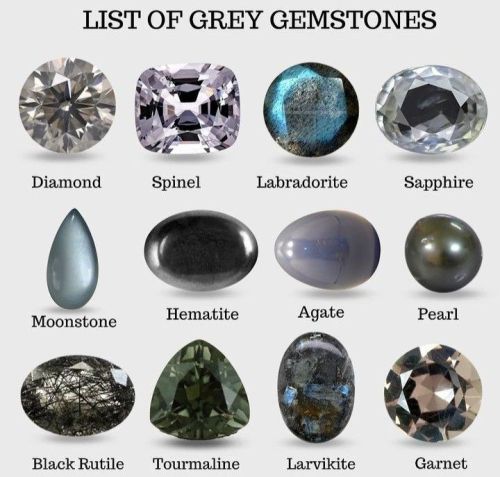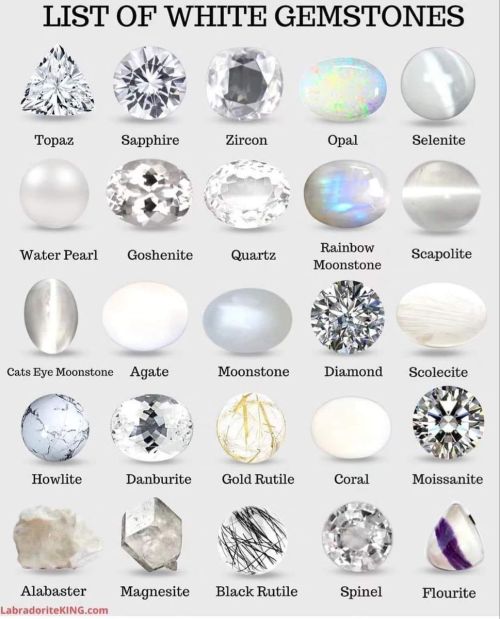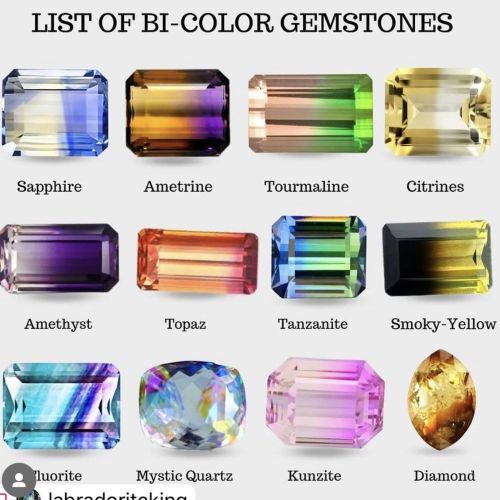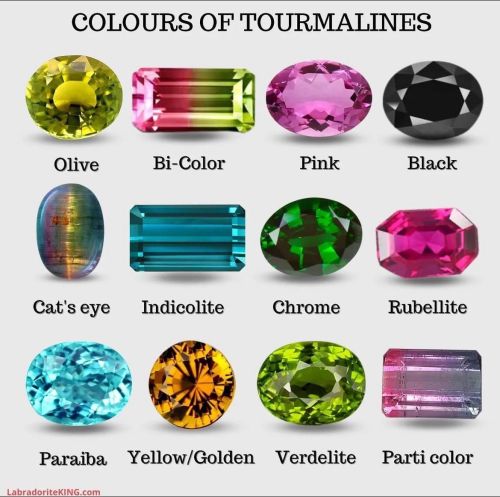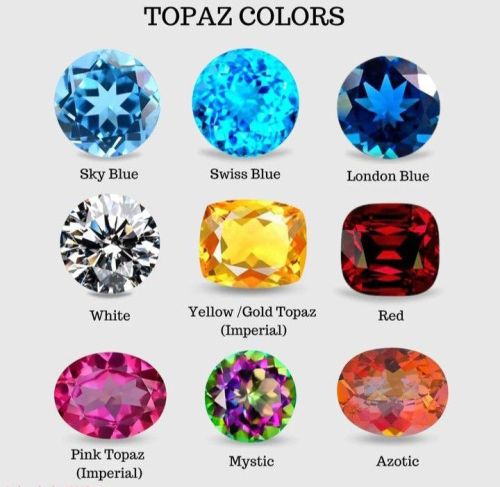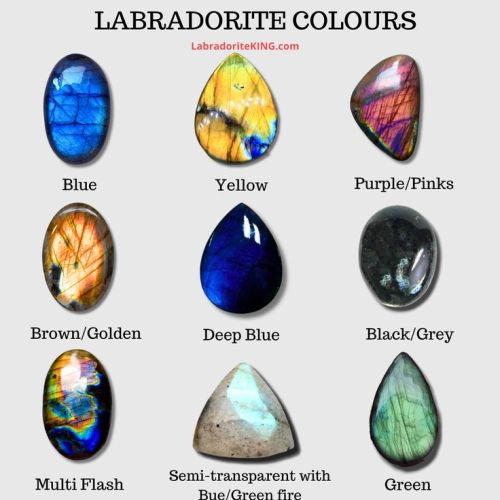
53 posts
Morality: A Character Creation Guide
morality: a character creation guide
creating and understanding your oc’s personal moral code! no, i cannot tell you whether they’re gonna come out good or bad or grey; that part is up to you.
anyway, let’s rock.
i. politics
politics are a good way to indicate things your character values, especially when it comes to large-scale concepts such as government, community, and humanity as a whole.

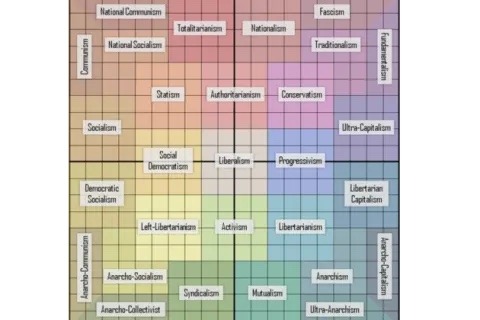
say what you will about either image; i’d argue for the unintiated, the right image is a good introduction to some lesser discussed ideologies… some of which your oc may or may not fall under.
either way, taking a good look at your character’s values on the economic + social side of things is a good place to start, as politics are something that, well… we all have ‘em, you can’t avoid ‘em.
clearly, this will have to be adjusted for settings that utilize other schools of thought (such as fantasy + historical fiction and the divine right of kings), but again, economic/social scale plotting will be a good start for most.
ii. religion + philosophy
is your oc religious? do they believe in a form of higher power? do they follow some sort of philosophy?
are they devout? yes, this applies to non-religious theist and atheist characters as well; in the former’s case… is their belief in a higher power something that guides many of their actions or is their belief in a higher power something that only informs a few of their actions? for the atheists; do they militant anti-theists who believe atheism is the only way and that religion is harmful? or do they not care about religion, so long as it’s thrust upon them?
for the religious: what is your oc’s relationship with the higher power in question? are they very progressive by their religion’s standards or more orthodox? how well informed of their own religion are they?
does your oc follow a particular school of philosophical thought? how does that interact with their religious identification?
iii. values
by taking their political stance and their religious + philosophical stance, you have a fairly good grasp on the things your character values.
is there anything they value - due to backstory, or what they do, or what they love - that isn’t explained by political stance and religious and/or philosophical identification? some big players here will likely be your oc’s culture and past.
of everything you’ve determined they value, what do they value the most?
iv. “the line”
everyone draws it somewhere. we all have a line we won’t cross, no matter the lengths we go for what we believe is a noble cause. where does your character draw it? how far will they go for something they truly believe is a noble cause? as discussed in part iii of my tips for morally grey characters,
would they lie? cheat? steal? manipulate? maim? what about commit acts of vandalism? arson? would they kill?
but even when we have a line, sometimes we make exceptions for a variety of reasons. additionally, there are limits to some of the lengths we’d go to.
find your character’s line, their limits and their exceptions.
v. objectivism/relativism
objectivism, as defined by the merriam-webster dictionary, is “an ethical theory that moral good is objectively real or that moral precepts are objectively valid.”
relativism, as defined by the merriam-webster dictionary, is “a view that ethical truths depend on the individuals and groups holding them.”
what take on morality, as a concept, does your character have? is morality objective? is morality subjective?
we could really delve deep into this one, but this post is long enough that i don’t think we need to get into philosophical rambling… so this is a good starting point.
either way, exploring morality as a concept and how your character views it will allow for better application of their personal moral code.
vi. application
so, now you know what they believe and have a deep understanding of your character’s moral code, all that’s left is to apply it and understand how it informs their actions while taking their personality into account.
and interesting thing to note is that we are all hypocrites; you don’t have to do this, but it might be fun to play around with the concept of their moral code and add a little bit of hypocrisy to their actions as a treat.
either way, how do your character’s various beliefs interact? how does it make them interact with the world? with others? with their friends, family, and community? with their government? with their employment? with their studies? with the earth and environment itself?
in conclusion:
there’s a lot of things that inform one’s moral compass and i will never be able to touch on them all; however, this should hopefully serve as at least a basic guide.
-
 qwsxmu liked this · 1 year ago
qwsxmu liked this · 1 year ago -
 libraryofrefshelp reblogged this · 1 year ago
libraryofrefshelp reblogged this · 1 year ago -
 scorpiofeverr liked this · 1 year ago
scorpiofeverr liked this · 1 year ago -
 caffeinated-wonderland liked this · 1 year ago
caffeinated-wonderland liked this · 1 year ago -
 heckcareoxytwit reblogged this · 1 year ago
heckcareoxytwit reblogged this · 1 year ago -
 heckcareoxytwit liked this · 1 year ago
heckcareoxytwit liked this · 1 year ago -
 fadingstarsblog liked this · 1 year ago
fadingstarsblog liked this · 1 year ago -
 d0g-m0tif liked this · 1 year ago
d0g-m0tif liked this · 1 year ago -
 quipplex liked this · 1 year ago
quipplex liked this · 1 year ago -
 quiclycasual reblogged this · 1 year ago
quiclycasual reblogged this · 1 year ago -
 quiclycasual liked this · 1 year ago
quiclycasual liked this · 1 year ago -
 how-a-you-a-doing liked this · 1 year ago
how-a-you-a-doing liked this · 1 year ago -
 writingbabbles4me reblogged this · 1 year ago
writingbabbles4me reblogged this · 1 year ago -
 jenna12381 liked this · 1 year ago
jenna12381 liked this · 1 year ago -
 heavenly-halcyon liked this · 1 year ago
heavenly-halcyon liked this · 1 year ago -
 wonderlustxennial liked this · 1 year ago
wonderlustxennial liked this · 1 year ago -
 secretardentity liked this · 1 year ago
secretardentity liked this · 1 year ago -
 greenmoon34 liked this · 1 year ago
greenmoon34 liked this · 1 year ago -
 arekram liked this · 1 year ago
arekram liked this · 1 year ago -
 rebloggingrabbit reblogged this · 1 year ago
rebloggingrabbit reblogged this · 1 year ago -
 furubin-sh liked this · 1 year ago
furubin-sh liked this · 1 year ago -
 teenagedelusionwonderland liked this · 1 year ago
teenagedelusionwonderland liked this · 1 year ago -
 forthesanityofstorytellers reblogged this · 1 year ago
forthesanityofstorytellers reblogged this · 1 year ago -
 kyofsonder liked this · 1 year ago
kyofsonder liked this · 1 year ago -
 forthesanityofsome liked this · 1 year ago
forthesanityofsome liked this · 1 year ago -
 toribookworm22 reblogged this · 1 year ago
toribookworm22 reblogged this · 1 year ago -
 raccoonshere liked this · 1 year ago
raccoonshere liked this · 1 year ago -
 queenofthedamnit liked this · 1 year ago
queenofthedamnit liked this · 1 year ago -
 riya-xx liked this · 1 year ago
riya-xx liked this · 1 year ago -
 kazperisclinicallyderanged liked this · 1 year ago
kazperisclinicallyderanged liked this · 1 year ago -
 dead-whitefox-06 liked this · 1 year ago
dead-whitefox-06 liked this · 1 year ago -
 rb8-4 liked this · 1 year ago
rb8-4 liked this · 1 year ago -
 rebirthresource reblogged this · 1 year ago
rebirthresource reblogged this · 1 year ago -
 kpopcraxy liked this · 1 year ago
kpopcraxy liked this · 1 year ago -
 spiralskiess reblogged this · 1 year ago
spiralskiess reblogged this · 1 year ago -
 spiralskiess liked this · 1 year ago
spiralskiess liked this · 1 year ago -
 n01r-exe liked this · 1 year ago
n01r-exe liked this · 1 year ago -
 real-rabbit liked this · 1 year ago
real-rabbit liked this · 1 year ago -
 hex12345678910 liked this · 1 year ago
hex12345678910 liked this · 1 year ago -
 vuuriel liked this · 1 year ago
vuuriel liked this · 1 year ago -
 almondemise liked this · 1 year ago
almondemise liked this · 1 year ago -
 hi-its-cookie liked this · 1 year ago
hi-its-cookie liked this · 1 year ago -
 jwgal-rockin-it liked this · 1 year ago
jwgal-rockin-it liked this · 1 year ago -
 silllymnnan liked this · 1 year ago
silllymnnan liked this · 1 year ago -
 02fall liked this · 1 year ago
02fall liked this · 1 year ago -
 peachtastingglass liked this · 1 year ago
peachtastingglass liked this · 1 year ago -
 bookworm9661 reblogged this · 1 year ago
bookworm9661 reblogged this · 1 year ago -
 whosshe111 liked this · 1 year ago
whosshe111 liked this · 1 year ago -
 lunarblue21 reblogged this · 1 year ago
lunarblue21 reblogged this · 1 year ago
More Posts from Emeralderror
World Building Checklist
Have you ever started writing a story and realized your world has a bunch of unexplained shit and you have to fill in the gaps as you go? Me too, buddy. Me too. Here’s a checklist so that you can fully flesh out your world to the max. (I’m dying)
How does Time work? (Minutes, hours, days, the daylight cycle, years, ect.)
Species (if Fantasy. Will probably make another post on this.)
Countries, Nations, Tribes, ect. (nationalities/ races. Will probably make another post on this.)
The geography of the world (draw a map. Doesnt have to be good. Just for a general idea.)
Rivalries between races (includes prejudice, racism, ect.)
Religions
Technology
The Magic system. (Will probably make a whole other post on this.)
animals, plants, ect.
The sky: Sun, Moon(s), Stars, Constellation, Are there rings? (If the planet has rings)
Educations system
Government system
Politics
Methods of transport (Vehicles)
Medicine
Can’t really think of anything else. If you have more to add then reblog and add to the list! :) bye bee
Body language cheat sheet for writers
As a writer, understanding and incorporating body language into your storytelling can greatly enhance your characters and their interactions. Here's a cheat sheet to help you describe body language effectively:
Facial Expressions:
* Raised eyebrows: Surprise, disbelief, or curiosity.
* Furrowed brow: Concentration, confusion, or frustration.
* Smiling: Happiness, amusement, or friendliness.
* Frowning: Disapproval, sadness, or concern.
* Lip biting: Nervousness, anticipation, or tension.
Eye Movements:
* Eye contact: Confidence, interest, or honesty.
* Avoiding eye contact: Shyness, guilt, or deception.
* Narrowed eyes: Suspicion, skepticism, or concentration.
* Wide eyes: Shock, fear, or surprise.
* Rolling eyes: Exasperation, annoyance, or disbelief.
Gestures:
* Crossing arms: Defensiveness, disagreement, or discomfort.
* Nervous fidgeting: Anxiety, restlessness, or impatience.
* Pointing: Assertiveness, emphasis, or accusation.
* Open palms: Honesty, openness, or sincerity.
* Hand on chin: Deep thought, contemplation, or evaluation.
Posture and Movement:
* Slumped shoulders: Defeat, sadness, or fatigue.
* Upright posture: Confidence, attentiveness, or authority.
* Pacing: Restlessness, agitation, or contemplation.
* Tapping foot: Impatience, annoyance, or frustration.
* Leaning in: Interest, engagement, or curiosity.
Touch:
* Hugging: Affection, comfort, or warmth.
* Handshake: Greeting, introduction, or agreement.
* Patting on the back: Encouragement, praise, or camaraderie.
* Clenched fists: Anger, determination, or frustration.
* Brushing hair behind the ear: Nervousness, coyness, or flirtation.
Mirroring:
* When two characters unconsciously mimic each other's body language, it indicates rapport, connection, or empathy.
Nodding:
* A subtle nod can convey agreement, understanding, or encouragement.
Crossed legs:
* Crossed legs can indicate relaxation or a casual, nonchalant attitude.
Tapping fingers:
* Impatience, anticipation, or nervousness can be expressed through rhythmic finger tapping.
Hand on the chest:
* Placing a hand on the chest can convey sincerity, empathy, or a heartfelt emotion.
- Tilting the head:
* Tilting the head to the side can suggest curiosity, attentiveness, or interest.
Rubbing the temples:
* Rubbing the temples can indicate stress, fatigue, or a headache.
Chin stroking:
* Stroking the chin while in thought can portray contemplation, decision-making, or intellectual curiosity.
Arms crossed behind the back:
* This posture can indicate authority, confidence, or a composed demeanor.
Tilted body posture:
* Leaning slightly towards someone can suggest interest, attraction, or engagement in a conversation.
Biting nails:
* Nail-biting can reveal anxiety, nervousness, or tension.
Foot tapping:
* Rapid or impatient foot tapping can show agitation, restlessness, or eagerness.
Squinting:
* Squinting the eyes can signal suspicion, doubt, or an attempt to focus on something.
Shifting weight from foot to foot:
* Shifting weight can imply discomfort, unease, or anticipation.
Covering the mouth while speaking:
* This gesture can indicate hesitation, embarrassment, or the desire to hide something.
Remember that body language can vary across different cultures and individuals, so consider your character's background and personality while describing their movements. Additionally, body language is best used in combination with dialogue and internal thoughts to create a more nuanced portrayal of your characters.
Happy writing!
THE MAJOR ARCANA
a collection of character development questions based on the arcana and their themes !! this is part of a collection of tarot-themed asks. if multi, please specify which muse(s) the question is directed toward !!
[THE FOOL] - Do they weight their options when making a decision, or do they impulsively make a choice?
[THE MAGICIAN] - Are they resourceful? What skills do they possess that help them navigate the world around them?
[THE HIGH PRIESTESS] - Do they meditate? Would they be considered "in tune" with themselves, or do they struggle with personal growth?
[THE EMPRESS] - Do they participate in or have a self-care ritual? If so, what does their routine look like?
[THE EMPEROR] - Is your muse a leader? If so, what kind of leader are they? Do they take a hands-off approach, or do they micromanage?
[THE HIEROPHANT] - What are important traditions to them, if any? Do they stay true to these traditions, or do they adapt them to fit their current situation?
[THE LOVERS] - What do they consider to be the "perfect partner", be it romantic, platonic, alterous, etc.? Is there someone like that in their life?
[THE CHARIOT] - Are they confident? If so, what makes them the most confident in themselves/their abilities?
[STRENGTH] - What are they determined to accomplish the most?
[THE HERMIT] - What does their inner voice sound like? Is it self-reflecting and introspective, or domineering and judgmental?
[WHEEL OF FORTUNE] - Do they believe in destiny/fate? If so, what do they believe their "purpose" is in this life?
[JUSTICE] - Are they a mediator, or do they prefer to step away from potential conflict?
[THE HANGED MAN] - Would they sacrifice themselves, literally or metaphorically, for those close to them? If so, what kind(s) of sacrifice would they make?
[DEATH] - What is their view on the cycle of life? Do they believe in reincarnation?
[TEMPERANCE] - Are they a patient person, or do they tend to act on impulse?
[THE DEVIL] - Which of the capital vices is your muse tempted by? (Pride, Greed, Wrath, Envy, Lust, Gluttony, Sloth)
[THE TOWER] - Are they a destructive individual (be it literally or metaphorically)? If so, how?
[THE STAR] - What is their health like? Do they consider themselves healthy, or do they feel like they could make improvements to better their health?
[THE MOON] - If they had to choose one trait to describe themselves, what would it be? Is it a genuine answer, or the illusion/persona they put on for others?
[THE SUN] - What makes them feel good? This can be happy, energized, revitalized, etc. It's all about good vibes, so what gives them to your muse?
[JUDGMENT] - What was an epiphany/awakening they recently had? Did they realize something that they've been naive to? Did they discover something about themselves? What happened?
[THE WORLD] - How would they define a utopia? What would it consist of, and do they see it as something achievable?
Trope Discussion: Blind Characters Covering Their Eyes
The majority of the projects I am asked to beta include blind characters who cover their eyes. Modern characters wear sunglasses. Other characters wear blindfolds for older settings. The story usually justifies the decision in some way, but I always ask: why?
I also neglected to include this in my post on Things I Want to See More of / Less of in Blind Characters. I don’t think I considered it at the time. However, unlike my post on blind seers, I think this trope actually causes some harm in subtle ways and I usually encourage avoiding it. I’ll discuss why in this post.
What’s Wrong With Blind Characters Covering Their Eyes?
Keep in mind that blind characters are not so common. Because they aren’t very common and because not everyone in your audience knows a blind person in real life, the way the character is represented could lead audiences to believe that is how blind people are. This, coupled with a general lack of information given in everyday life, allows writers or artists to unintentionally influence how real life blind people are perceived.
Sure, blind people create blind characters as well. However, we don’t usually get as much exposure or opportunities. We could be held back by other barriers, such as poverty. This means it can be hard to counteract tropes we don’t like or that activity harm us.
Blind characters covering their eyes is potentially harmful for a few reasons.
One reason is that it is assumed that all blind people always cover their eyes. This means that in real life, blind people are not as easily recognized even when they have a cane. The white cane is supposed to be what alerts others that a person is blind. Instead, people get confused about why a blind person isn’t wearing sunglasses if they’re blind. This leads to unnecessary explanations, lost time, refusal to help, and sometimes hostility. Wearing sunglasses helps some blind people communicate blindness more easily. They may feel forced to adopt the stereotype.
Another reason is that it unknowingly touches on the pressure some blind people face to cover their eyes. This could be because they are self-conscious about them or because of pressure to make other people feel more comfortable. This pressure could originate from the way their eyes look or move, or even due to lack of eye contact. Sometimes, stories present these ideas as normal for blind people, which increases the idea that blind people should be ashamed of their eyes or that they should prioritize the comfort of others for something superficial.
Where Did the Stereotype Come From?
While I am not sure about the exact origins, the stereotype probably comes from a few sources: shorthand symbolism and abled actors playing blind characters.
-Shorthand symbolism could be used in art or plays to indicate a character’s blindness.
-Because films and shows are so popular and more easily consumed, audiences are more often exposed to blind people on the screen. Actors who aren’t blind often wear sunglasses to make them appear blind to audiences who would perceive eye movements as breaking character. The actors in live-action material often wear sunglasses to hide their eyes. Why blind actors aren’t hired initially is another story.
This page discusses the sunglasses trope in films.
-Some blind people who wear sunglasses for any reason may also simply be more recognizable as a blind person as opposed to blind people who don’t wear sunglasses. This means others may not be aware that blind who don’t wear dark sunglasses exist.
The Sunglasses Stereotype
I should mention here that blind people are simultaneously expected to wear sunglasses as a signifier of blindness while also accused of faking for wearing them. The rationale is the idea that blind people can’t see the sun and therefore would never need sunglasses. This, of course, depends on the stereotypes that all blind people are totally blind, which is not true. Most sources I have found over my time writing this blog state that less than 10 to 15% of blind people are totally blind, which means about 85 to 90% of blind people have light perception or some residual vision.
When Should Our Characters Wear Sunglasses or a Blindfold?
Many writers have characters cover their eyes because it feels right. Some assume the character would feel uncomfortable with the way their eyes look and that they prefer to hide them. In order to write this trope well, you must understand your reason behind it.
Let’s examine why blind people wear sunglasses in real life. This page is a good one to read and was very helpful in constructing this post.
Light sensitivity, or photophobia, occurs when people have sensitivity to light, usually sunlight. Blind people can also expirience this.
Sunglasses are used to shield their eyes from the sun when outdoors and from big windows when indoors. Some sources state synthetic lighting is not usually an issue and others state some people may want to wear their sunglasses indoors.
For characters who aren’t modern, the equivalent of sunglasses would probably be a blindfold or eye patch.
Blind people like fashion just as the next person. They might enjoy wearing sunglasses occasionally. However, they don’t wear them all the time.
Blind people might also want to protect their eyes from dust or injury, whether they can see or not. This can be accomplished with sunglasses or regular glasses.
How Do We Write Blind Characters Covering Their Eyes Respectfully?
This is one of those tropes I prefer people avoid. I say “avoid” because I want to come across it less which means way less people need to use it.
Think about why you want your blind character to cover their eyes.
Is it because it simply feels right to you? Is it because you believe it will help audiences understand or accept that your character is blind? Is it because you can’t imagine your character any other way? Is it because your feel deep down that your character’s eyes would make other characters uncomfortable?
Think about where this idea comes from and whether you really want to use it.
If you have decided it makes sense for your character to cover their eyes, here are some tips for you to do it well.
1. If they use sunglasses for fashion, have the blind character go without the accessory periodically throughout the story. Consider avoiding them covering their eyes when they are first introduced, as first impressions can be memorable. Your blind character should not be the only one who happens to wear sunglasses as part of their style.
2. If they are sensitive to light, do research on photophobia. Consider where the character is when covering their eyes. Do they mostly wear sunglasses outside and near big windows? Do screens bother them? Make it clear in the story.
3. I always suggest having more than one blind character in a story. This is important for moments such as this. Having a blind character who doesn’t cover their eyes shows that not all blind people cover their eyes. This, in addition to a writer understanding exactly why their character covers their eyes, will help immensely.
This trope is a problem when no reference to the alternative is made, usually because the writer doesn’t understand what they’re writing about. They haven’t considered the reasons blind people cover their eyes and therefore aren’t aware that not all blind people do so. Having more than one blind character in the story shows more than one experience, including covering or not covering eyes. Showing different experiences eliminates the idea that blind people “just do” certain things. It makes people think.
If you want audiences to think, you first need to ask: why?
When writing marginalized characters, remember that their marginalization decreases the amount of accurate information available about them. Audiences don’t have as many resources to check. They may even lack the inclination to do so at all. This could be because of a desire to maintain biases or simply because they don’t consider blind people much outside of entertainment or pity. Surprisingly, some people are even actively resistant or hostile to the idea of taking time to learn about the experiences of blind people.
This means your story could be more impactful than you realize.
When you’re writing, ask yourself the question: why? You might realize that it makes for a richer, more informed story.
